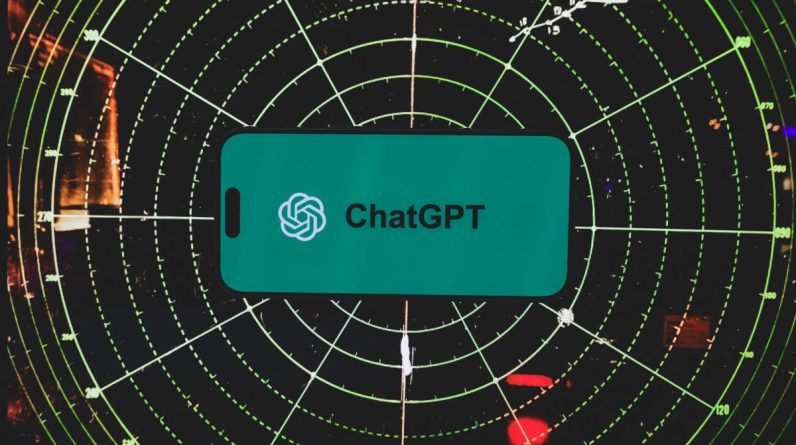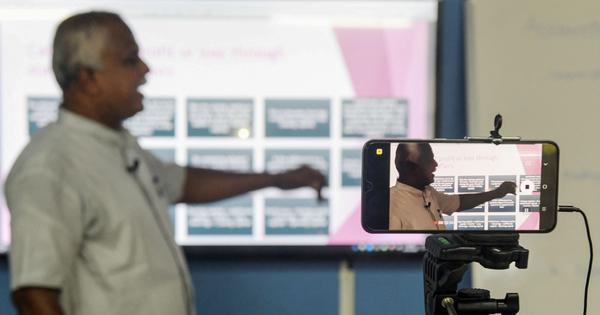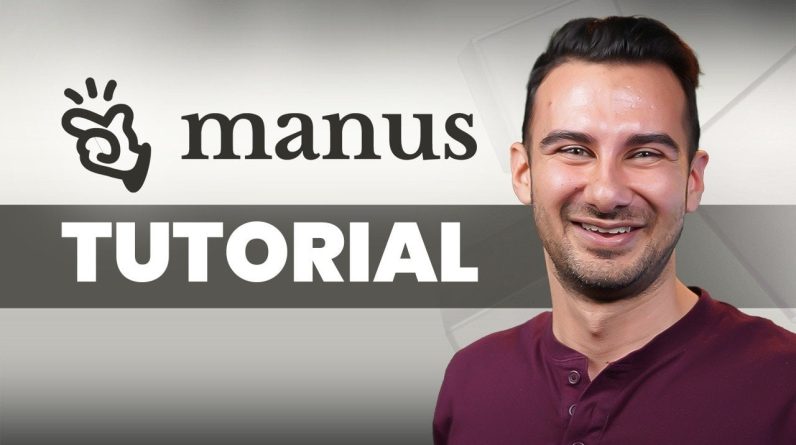A Vancouver entrepreneur and software designer has turned his passion for creating free videos on how to use artificial intelligence (AI) into a six-figure business and nearly one million social-media followers.
Kushank Aggarwal told BIV that he grew his DigitalSamaritan’s revenue about 17 per cent to $350,000 last year, up from about $300,000 in 2023.
Revenue comes from partnerships with brands that he mentions in some videos. He said it also comes from some paying customers for software that his company has developed and promoted in videos.
Most videos he creates sponsor-free and out of personal interest, he said.
His more than 1,500 video tutorials since 2020 have undoubtedly driven engagement and boosted his social media following.
TikTok shows that his account has 446,100 followers. His Instagram account has 534,000 followers while his relatively new activity on YouTube has so far attracted 6,080 subscribers.
He estimated that his videos have combined to have about 155 million views.
Turning a passion for making videos into being a successful social media star is not new.
Ways of making money from social media success can also vary.
The Vancouver Airport Authority, for example, in 2011 paid Jaeger Mah $15,000 in salary plus $50 per day to spend on merchants as part of an 80-day stint where he lived at the airport, blogging and posting videos. The point was to highlight the Fairmont Vancouver Airport hotel and the many stores and restaurants inside the airport’s terminals.
Mah has since gone on to work with a range of clients through his Jaeger Mah Video Production company.
The next year, Tourism Richmond paid Lindsay Anderson $50,000 in salary plus a $30-per-day stipend to eat exclusively at Richmond restaurants and blog about it for a year.
Similarly, when Marriott International Inc. wanted to promote its Douglas Autograph Collection hotel when it opened in Vancouver in 2017, Marriott chose influencer Ally Pintucci as the winner of a contest to live at the hotel for free for a month and get $5,000 on the condition that she blog and create social media posts about her experiences.
Videographer Jaeger Mah in 2011 won a contest to live at YVR for 80 days and got paid to blog about it | Chung Chow
Sometimes small-business owners can cut out established influencers, do their own YouTube videos and become social media stars in their own right.
Longtime Vancouver cookware-store owners Jed and Regan Grieve closed their Cook Culture store at 377 Howe Street in 2022 as part of a pivot to focus on building online sales.
They constructed a studio on a Vancouver Island property and made educational videos that they posted on YouTube for what was then around 20,500 subscribers. They also blasted a corporate newsletter to approximately 30,000 email accounts, Jed Greive told BIV at the time.
DigitalSamaritan launches during the pandemic
Aggarwal’s story started in 2020, when he generated about $15,000 to $20,000 in revenue from brand partnerships but most work was done simply for the joy of creation.
Revenue jumped to around $100,000 in 2022, thanks to brand partnerships with companies such as Zapier, Jotform and Copy.ai, among others.
“There was an also brand partnership with Canadian Tire in 2022,” he said. “It wasn’t necessarily about AI, but they wanted content about technology and for me to talk about their new phone app and how to look for items within their store.”
In 2023, he realized that instead of just marketing other companies’ software, he could put his background in computer systems and brother Matik Aggarwal’s background in software development to work.
The brothers added a full-time employee and various contractors and built proprietary applications that Aggarwal would discuss in videos.
They created Prompt Genie, which has a free option and helps users generate strong prompts that the users would then plug into AI chatbots, such as ChatGPT, which was relatively new at the time, after having been released to huge fanfare in November 2022.
Those prompts also work on follow-up AI chatbots, such as Alphabet Inc.’s (Nasdaq:GOOGL) Gemini and Microsoft Corp.’s (Nasdaq:MSFT) CoPilot.
Prompt Genie now generates significant revenue, Aggarwal said.
The DigitalSamaritan team then created Map.This, which also has a free option and enables users to upload a PDF or a report and get AI to create a map-like chart that links ideas in rectangular boxes with lines to each other.
“Map.This’ revenue initially struggled,” he said.
“People were using the free plan because the free plan was quite generous. We then identified how to not disappoint the user but also have a pricing model that could sustain the product.”
Earlier this month, the company launched a third software product: Looplytic, which helps companies get feedback using questionnaires.
Instead of the user having a static questionnaire, Looplytic uses AI to develop personalized follow-up questions.
“Every follow-up question is generated based on the response,” Aggarwal said. “That’s a lot more personalized and the insights you get are a lot more valuable.”
He is now looking ahead to further diversify his revenue streams by also providing personal consulting to companies that want to integrate AI into operations.
[email protected]
twitter.com/GlenKorstrom
Bluesky.com/glenkorstrom.bsky.social








